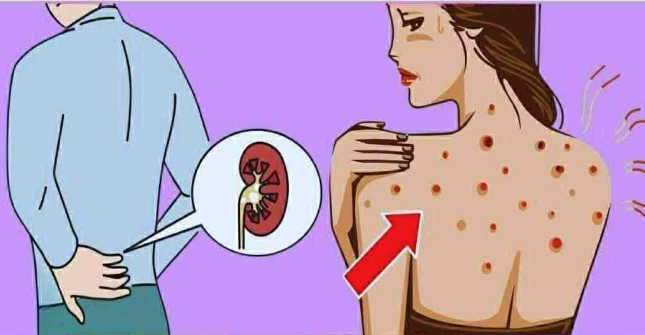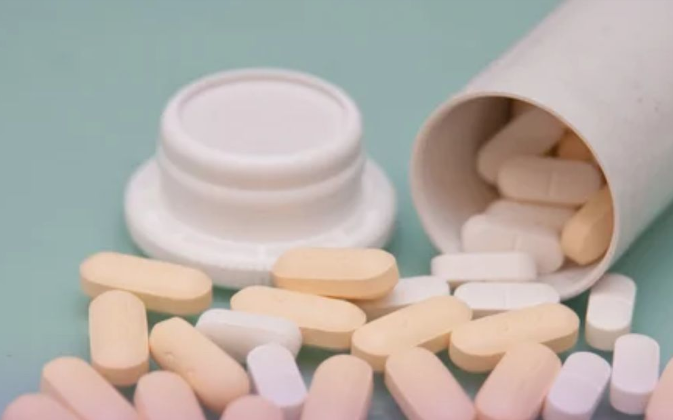Kidney disease is a quiet yet critical health issue that can significantly affect your well-being. Identifying warning signs that your kidneys may be struggling is essential, as catching problems early can help prevent serious complications. If you observe any of these symptoms, reach out to a healthcare professional promptly to safeguard your kidney health and overall vitality.
The Essential Role of Kidneys in Your Body
Your kidneys are indispensable organs that diligently filter blood, eliminate waste, balance electrolytes, and regulate blood pressure. Positioned on either side of your spine, just beneath the ribcage, these bean-shaped organs also produce hormones that support red blood cell production and promote bone strength. Each day, healthy kidneys process approximately 120–150 quarts of blood, removing toxins through 1–2 quarts of urine to keep your body functioning smoothly.
What Defines Kidney Disease?
Kidney disease develops when these vital organs lose their ability to perform effectively. Contributing factors include high blood pressure, diabetes, infections, autoimmune conditions, and inherited tendencies. Without timely intervention, kidney disease can advance to kidney failure, potentially necessitating dialysis or a transplant. Being aware of warning signs that your kidneys may be struggling empowers you to act before the condition worsens.
10 Critical Warning Signs Your Kidneys May Be Struggling
Altered Urination Patterns
Shifts in urination habits often serve as early warning signs that your kidneys may be struggling. These changes may include:
- Frequent urination, particularly at night
- Reduced urine output
- Frothy or bubbly urine, suggesting possible protein leakage
Persistent Fatigue and Weakness
Kidneys produce erythropoietin, a hormone that supports red blood cell production. When kidney function declines, anemia may occur, leading to exhaustion, weakness, and trouble focusing.
Swelling (Edema)
Impaired kidney function can cause fluid retention, resulting in swelling in areas such as:
- Legs
- Hands
- Face
- Abdomen
Ongoing Back Discomfort
Persistent pain or tenderness below the ribcage may stem from untreated urinary tract infections or kidney stones.
Unexplained Weight Loss or Reduced Appetite
Kidney disease can lead to appetite loss and unintended weight reduction due to toxin buildup in the blood, causing feelings of fullness even with minimal food intake.
Nausea and Vomiting
Toxin accumulation in the bloodstream may trigger nausea or vomiting, often more pronounced in the morning or after eating.
Sleep Challenges
Individuals with kidney disease often experience sleep difficulties due to:
- Nighttime muscle cramps
- Restless leg syndrome
- Frequent nighttime urination
Metallic Taste in the Mouth
A lingering metallic taste, linked to uremia, can occur when waste products build up in the blood.
Muscle Cramps and Twitching
Imbalances in electrolytes, such as low calcium or high phosphorus, can cause uncomfortable muscle cramps or twitching.
Persistent Itchy Skin
Toxin buildup from reduced kidney function may lead to widespread, intense itching.
Steps to Support Kidney Health
To maintain healthy kidneys and reduce the risk of disease progression:
- Drink plenty of water to stay hydrated.
- Reduce consumption of salt and processed foods.
- Keep chronic conditions like diabetes and high blood pressure under control.
- Limit reliance on painkillers and NSAIDs.
- Schedule regular medical check-ups, especially if kidney issues run in your family.
When to Consult a Healthcare Provider
If you notice any warning signs that your kidneys may be struggling, act quickly. Arrange a visit with your doctor for a thorough evaluation, which may involve blood tests, urine analysis, or imaging to assess kidney function. Early action is critical to preserving kidney health and preventing permanent damage.
Final Thoughts
Being attuned to warning signs that your kidneys may be struggling can be lifesaving. By staying proactive and seeking medical guidance at the first indication of trouble, you can protect your kidneys and support your overall health. Act promptly if something feels unusual—your body’s signals matter.
Please share this information with loved ones on social media to spread awareness.




